Just as Genesis is the book of beginnings, Revelation is the book of consummation. In it, the diving program of redemption is brought to fruition, and the holy name of God is vindicated before all creation.
The title means “unveiling” or “disclosure.” Thus, the book is an unveiling of the character and program of God. It is also known as the Apocalypse, a transliteration of the word apokalypsis, meaning “unveiling,” “disclosure,” or “revelation.” Thus, the book is an unveiling of that which otherwise could not be known.
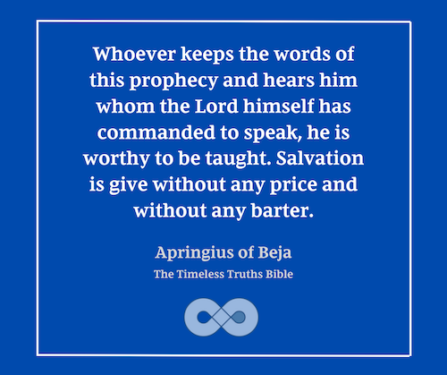
Who Wrote Revelation?
The style, symmetry, and plan of Revelation show that it was written by one author, four times named John. Because of its contents and its address to seven churches, Revelation quickly circulated and became widely known and accepted in the early church. It was frequently mentioned and quoted by second and third-century Christian writers and was received as part of the canon of New Testament books.
From the beginning, Revelation was considered an authentic work of the apostle John, the same John who wrote the gospel and three epistles. This view was seldom questioned until the middle of the third century when Dionysius presented several arguments the apostolic authorship.
He observed a clear difference in style and thought between Revelation and the books that he accepted as Johannine, and he concluded that the Apocalypse must have been penned by a different John. Indeed, the internal evidence does pose some problems for the traditional view.
But the internal evidence, while problematic, need not overrule the early and strong external testimony to the apostolic origin of this important book. The author was obviously well known to the recipients in the seven Asian churches, and this fits the unqualified use of the name “John” and the uniform tradition about his ministry in Asia.
The Christ of Revelation
Revelation has much to say about all three Persons of the Godhead, but it is especially clear in its presentation of the awesome resurrected Christ who has received all authority to judge the earth. He is called Jesus Christ (1:1), the faithful witness, the firstborn from the dead, the ruler over the kings of the earth (1:5), the First and the Last (1:17), He who lives (1:18), the Son of God (3:14), holy and true (3:7), and many other honorifics.
This book is indeed “The Revelation of Jesus Christ” (1:1) since it comes from Him and centers on Him. It begins with a vision of His glory, wisdom, and power and portrays His authority over the entire church. He is the Lamb who was slain and declared worthy to open the book of judgment. His righteous wrath is poured out upon the whole earth, and He returns in power to judge His enemies and to reign as the Lord over all.
The Scriptures close with His great promise: “Behold, I am coming quickly” (22:7-12).
Keys to Revelation
Key Phrase: The Revelation of the Coming Christ
The purposes for which Revelation was written depend to some extent on how the book as a whole is interpreted. Because of its complex imagery and symbolism, Revelation is the most difficult biblical book to interpret.
Advocates of all interpretive approaches to Revelation agree that it was written to assure the recipients of the ultimate triumph of Christ over all who rise up against Him and His saints. The readers were facing dark times of persecution, and even worse times would follow. Therefore, they needed to be encouraged to persevere by standing firm in Christ in view of God’s plan for the righteous and the wicked.
Key Verse: Revelation 1:19
“Write the things which you have seen, and the things which are, and the things which will take place after this.”
Key Chapters: Revelation 19-22
When the end of history is fully understood, its impact radically affects the present. In Revelation 19-22 the plans of God for the last days and for all of eternity are recorded in explicit terms. Careful study of and obedience to them will bring the blessings that are promised. Uppermost in the mind and deep in the heart should be guarded the words of Jesus, “Behold, I am coming quickly.”
Prayer
from: the NKJV Prayer Bible
![]() In the last chapter of Scripture, we return to an Eden-like setting, a city in which God again dwells with his people. Both the river of life and the tree of life are in its midst. The city is resplendent because the glory of the Lord has risen upon its inhabitants.
In the last chapter of Scripture, we return to an Eden-like setting, a city in which God again dwells with his people. Both the river of life and the tree of life are in its midst. The city is resplendent because the glory of the Lord has risen upon its inhabitants.
Let our hearts rejoice at our good King Jesus, the ruler of heaven now with earth. Join in with the countless voices of those who anticipate the day of His place among us: “Come Lord, Jesus!”
####################
Content in this article is taken from:
The Open Bible. The Open Bible offers easy navigation through the interconnected themes and teachings in Scripture with a time-tested complete reference system trusted by millions. Click here to learn more
The Timeless Truths Bible. The Timeless Truths Bible will encourage you through the always timely wisdom of those who came before us. Devotional notes and commentary from trusted theologians and pastors from the second century up to the twentieth offer insight and inspiration. Click here to learn more.
The Lucado Encouraging Word Bible. The Lucado Encouraging Word Bible is designed to encourage believers along their journey with the Lord. Pastor Max Lucado’s masterful storytelling helps you see the glorious plan God has for you page by page through the Bible with the marginal notes, devotional guides, short articles, and various study tools. Click here to learn more.
The Prayer Bible. The Prayer Bible helps you to engage the Scriptures in prayer with 1200 prayer prompts – at least one in every one of the Bible’s 1,189 chapters. Even when you can’t find the words, The Prayer Bible guides you in praying the life-giving Word of God. Click here to learn more.

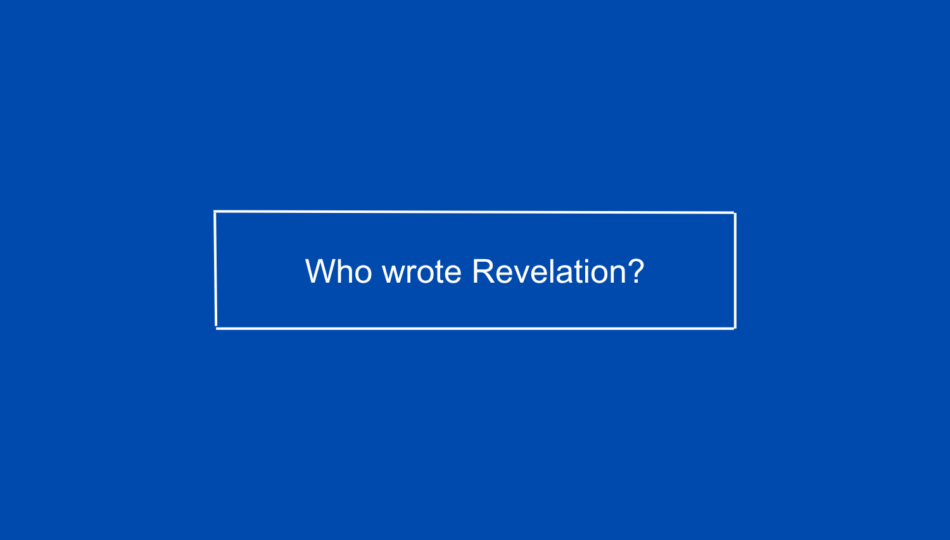
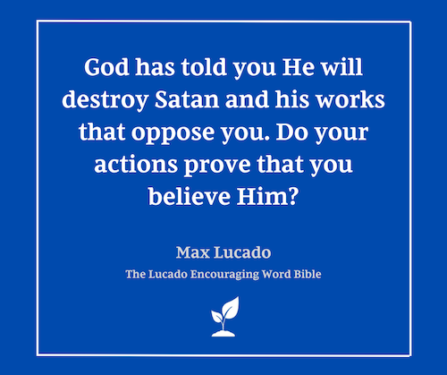


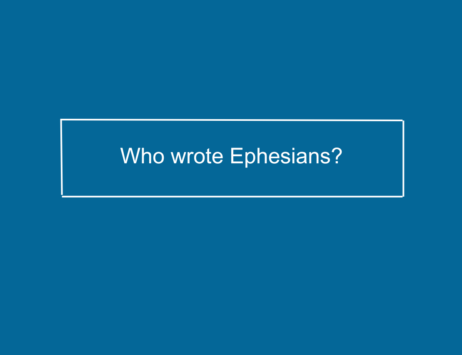
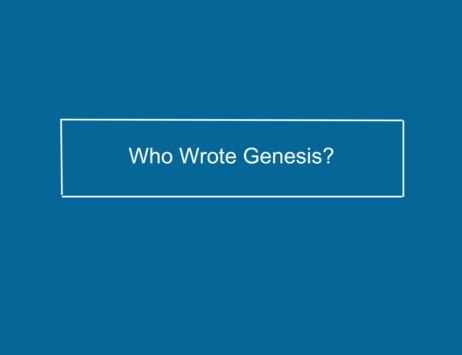

1 reply on “Who Wrote Revelation?”
Interesting